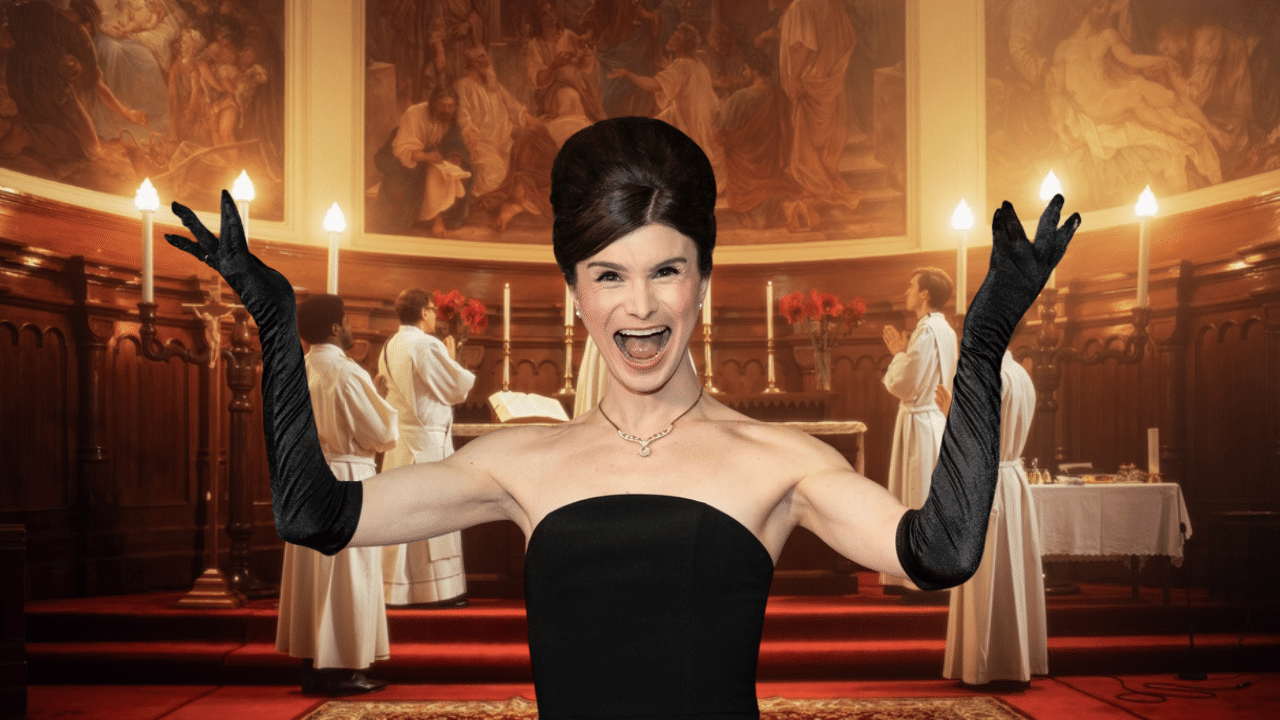(OPINION) CP – According to a recent survey, nearly a third of self-described evangelicals do not believe that Jesus Christ is truly God. Arianism, as it turns out, is a heresy that plagues multiple generations of the Church, not just one of the fourth century.
Well, over and over the Church has, in various times and ways, ruled that some beliefs are not acceptable alternatives within Christianity. Adherents are, in fact, outsiders to the faith. For example, nearly 100 years ago, in a book entitled Christianity and Liberalism, Presbyterian scholar J. Gresham Machen argued, in an extensive scholarly treatment, that liberal Christianity was not a version of the one, true faith handed down once and for all to the saints. Liberalism was, he argued, a completely different religion from Christianity.
The Liberal Christianity of Machen’s day focused on a social-reform agenda, fueled by feelings and informed by secular thought, barely draped in religious language. The God it preached was not sovereign over creation and providential over the affairs of men; did not really come in the flesh in the person of Jesus Christ, who did not really perform miracles or physically rise from the dead. The Bible was not really the fundamental and decisive revelation of God, nor the final authoritative source for morality, but must be understood according to our evolving scientific knowledge and political agendas.
Today, there is also an effort to update Christianity, to adapt, and re-form it according to the spirit of the age. From church pulpits to the Christian blogosphere, from once-reliable Christian publishing houses to the campuses of Christian colleges that are Christian in name only, from beautiful and historic churches decorated with gay pride flags and pastored by ordained ministers who “bless” abortion clinics to the “evangelicals” who become self-styled spokespersons for “what Jesus would really say and do,” there is, in our day too, a Christianity that is no Christianity at all. READ MORE
















